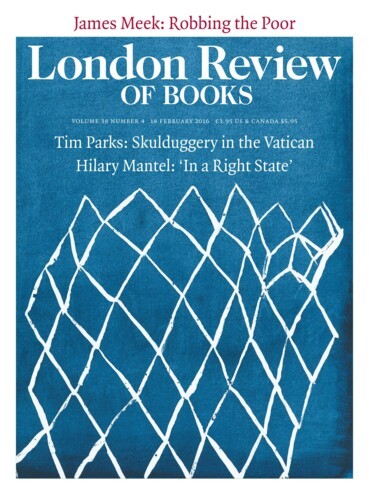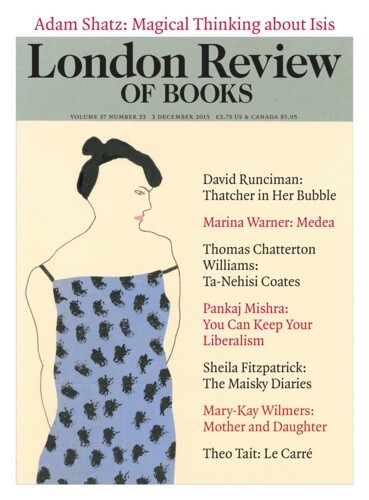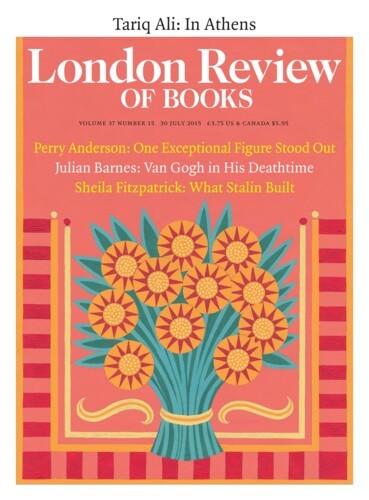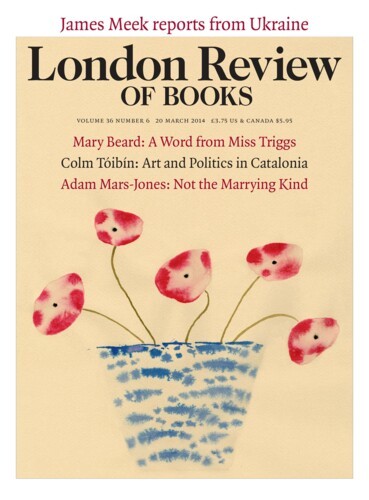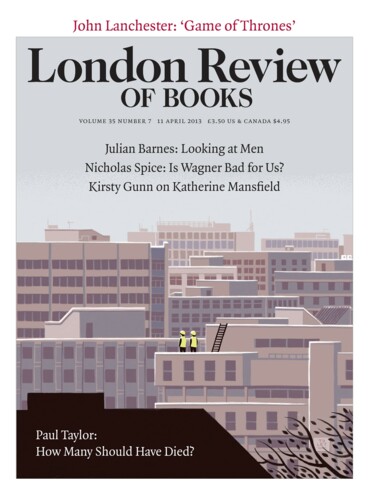Zanchevsky, Zakrevsky or Zakovsky? Julian Barnes
Sheila Fitzpatrick, 18 February 2016
The two great preoccupations of Barnes’s Shostakovich are his own character weaknesses and his relationship to the Soviet regime (‘Power’). The women in his life get some attention, his male friends less. The interior monologue is written in the third person, and occasionally reads as if it might be a translation from the Russian, which is all to the good, since one doesn’t want one’s foreign protagonists sounding too English. The prevailing tone is ironic, a form of self-protection Shostakovich hopes ‘might enable you to preserve what you valued, even as the noise of time became loud enough to knock out window-panes.’
